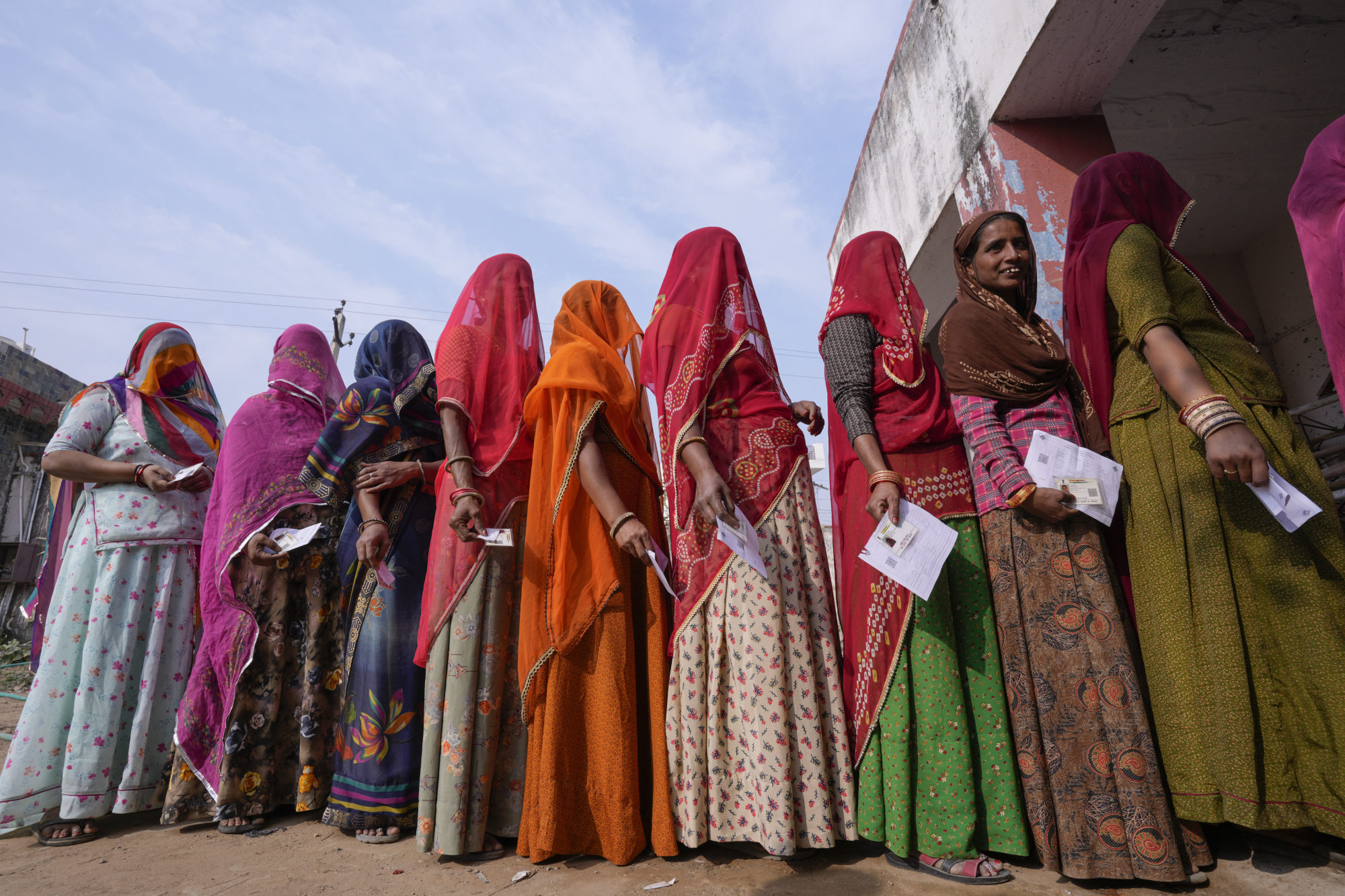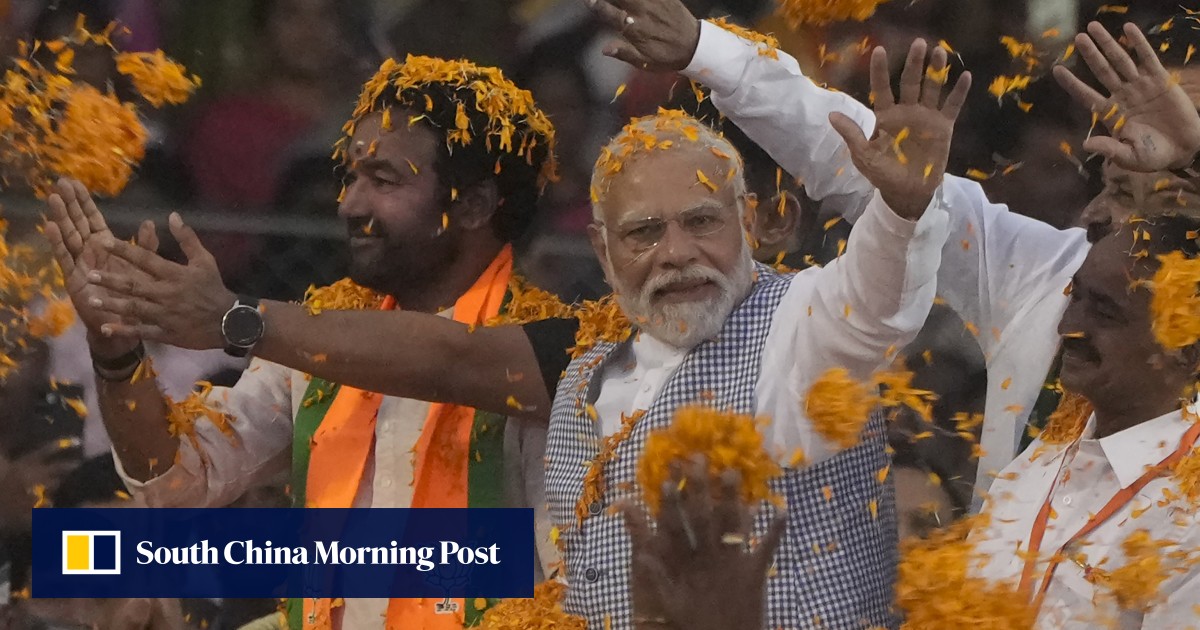An independent election watchdog, the Association for Democratic Reforms, which first brought the case to the court, argued that citizens had the right to know the source of political funding. The government said donors had a right to privacy.

Yogendra Yadav, a political activist and founding member of political party Swaraj Abhiyan, said the court’s action was welcomed, but wouldn’t damage the BJP so close to the election, which is due by May.
The decision was “unduly and extraordinarily delayed,” he said. “It is too late now as the ruling party may already have taken advantage of the bonds. Opposition parties were anyway not getting much donation through these bonds.”
India’s Modi opens controversial Hindu temple ahead of key elections
India’s Modi opens controversial Hindu temple ahead of key elections
The bonds aren’t promissory notes traded in global markets. Instead, they can be bought by any individual or company from the government-owned State Bank of India in denominations from 1,000 rupees to 10 million rupees (US$120,470).
The donor’s name isn’t attached to the paper, which is then delivered to a political party to exchange for cash.
Niranjan Sahoo, a senior fellow with Delhi-based Observer Research Foundation, said that while the ruling was a setback for the BJP, it won’t have an impact on the elections.
“It is a moneyed party and it has deep pockets and collects its funding from multiple sources,” he said.
India’s 2019 election, which brought Prime Minister Narendra Modi to power for a second term, was among the world’s most expensive, costing about US$7 billion, according to New Delhi’s Centre for Media Studies. A large chunk of the funding came from electoral bonds.
In the six years through 2022, the BJP earned nearly 52.7 billion rupees through this funding tool, accounting for about 57 per cent of the 92 billion rupees raised through these bonds, according to a report by the Association for Democratic Reforms, based on data from India’s Election Commission. The share of the main opposition party, Indian National Congress, was 10 per cent.
Trilochan Sastry, chairman of the association, said the ruling was a “great shot in the arm for Indian democracy”.
“I hope we have more transparent and cleaner elections than in the past but it is too early to say because there are only tw0 to three months left,” he said.
Additional reporting by Reuters

